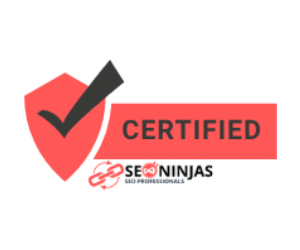Content strategy plays a pivotal role in digital marketing, guiding businesses in creating and distributing valuable content that resonates with their target audience. A well-defined content strategy not only enhances brand visibility but also drives engagement, fosters customer loyalty, and ultimately contributes to business growth.
1. Audience Research and Persona Development:
Before creating content, businesses must understand their target audience’s preferences, behaviors, and pain points. Conducting thorough audience research and developing detailed buyer personas allows businesses to tailor their content to meet the needs and interests of their ideal customers effectively.
2. Content Creation and Optimization:
High-quality content is the cornerstone of any successful content strategy. Whether it’s blog posts, articles, videos, podcasts, or infographics, businesses should focus on creating content that is informative, relevant, and valuable to their audience. Incorporating SEO best practices, such as keyword optimization and meta tags, ensures that content ranks well in search engine results and attracts organic traffic.
3. Content Distribution and Promotion:
Once created, content must be effectively distributed across various channels to maximize its reach and impact. This may include sharing content on social media platforms, leveraging email marketing campaigns, collaborating with influencers, or guest blogging on relevant websites. Paid promotion through platforms like Facebook Ads or Google Ads can further amplify content visibility and engagement.
4. Engagement and Community Building:
Engaging with your audience is key to building meaningful relationships and fostering brand loyalty. Encourage interaction through comments, shares, and likes on social media, and respond promptly to customer inquiries and feedback. Hosting webinars, Q&A sessions, or online forums can also facilitate community building and establish your brand as a trusted authority in your industry.
5. Measuring Success with Analytics:
To evaluate the effectiveness of your content strategy, businesses should track key metrics such as website traffic, engagement rates, conversion rates, and social media analytics. Tools like Google Analytics, social media insights, and email marketing platforms provide valuable data that can inform future content decisions and optimization efforts.
6. Iteration and Optimization:
Based on performance data and audience feedback, continuously refine and optimize your content strategy. Experiment with different content formats, topics, and distribution channels to identify what resonates best with your audience. Regularly update and repurpose evergreen content to maintain relevance and maximize ROI over time.
7. Staying Agile and Adapting to Trends:
In the fast-paced digital landscape, staying agile and adaptable is crucial. Keep abreast of industry trends, consumer behavior shifts, and emerging technologies to seize opportunities and stay ahead of competitors. Flexibility in adjusting your content strategy ensures that your business remains relevant and responsive to changing market dynamics.
By developing a comprehensive content strategy aligned with business goals and audience needs, businesses can enhance their digital presence, build brand authority, and drive sustainable growth. Effective content creation, distribution, and optimization are integral components of a successful digital marketing campaign.





